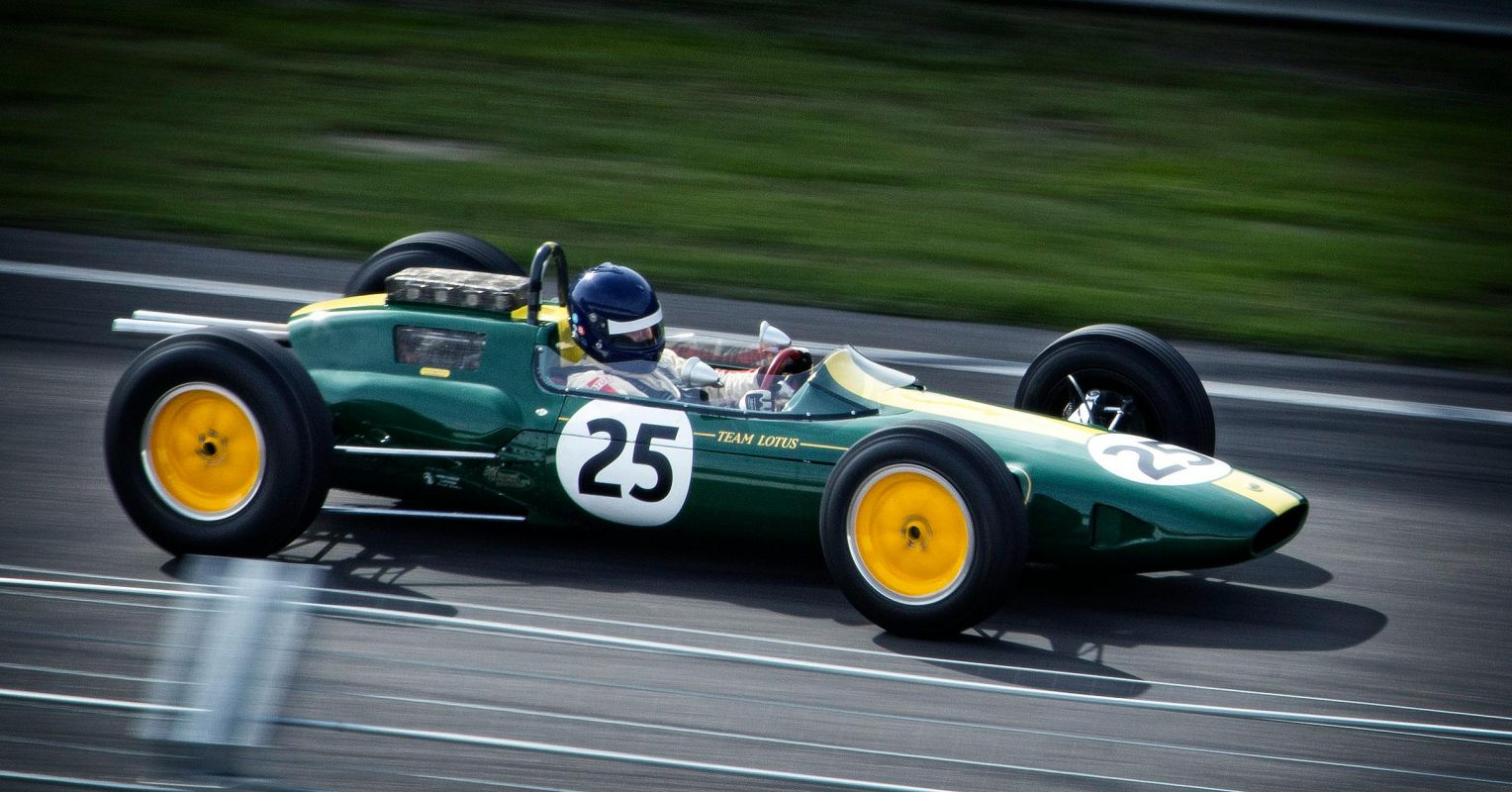
"Daniel didn't look like a man falling apart. Pressed shirt. Polished watch. Phone buzzing every few minutes. Yet his hand trembled slightly as he reached for his coffee. "They said it was panic," he said, half whispering. "But it felt like dying." He had just left the ER after his second "heart attack that wasn't." On paper, he was the definition of success: a founder, husband, father. But inside, his mind was spinning at 200 miles per hour."
"CBT gives us a simple but powerful map, the TEB cycle: Thought → Emotion → Behavior. For Daniel, the thought was, If I pause, I'll fail. That thought triggered an emotion- fear. And fear drove his behavior-working harder, sleeping less, skipping meals. To his brain, speeding up felt like control. But biologically, it was avoidance. Each burst of productivity gave him temporary relief from anxiety, a dopamine hit that said, See? You're still winning."
Daniel appears outwardly successful but suffers panic symptoms mistaken for heart attacks. He equates constant activity with control and fears that slowing down will cause collapse. Cognitive-behavioral framing identifies the TEB cycle: a catastrophic thought triggers fear, which drives avoidance behaviors such as overwork and neglect of basic needs. Avoidance produces short-term relief via dopamine yet amplifies anxiety and somatic alarm. Panic attacks represent the nervous system forcing a stop. Meaningful recovery requires pausing, accepting uncomfortable emotions, and choosing actions aligned with values rather than acting from fear.
Read at Psychology Today
Unable to calculate read time
Collection
[
|
...
]